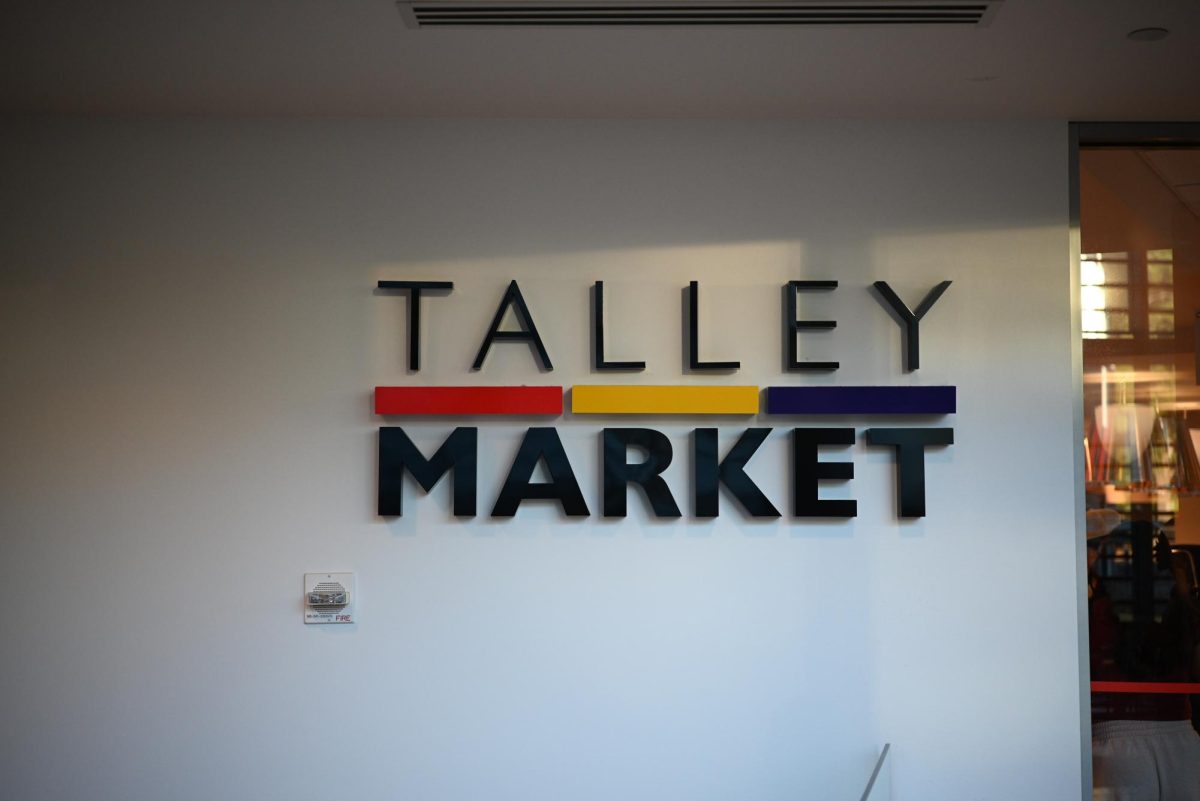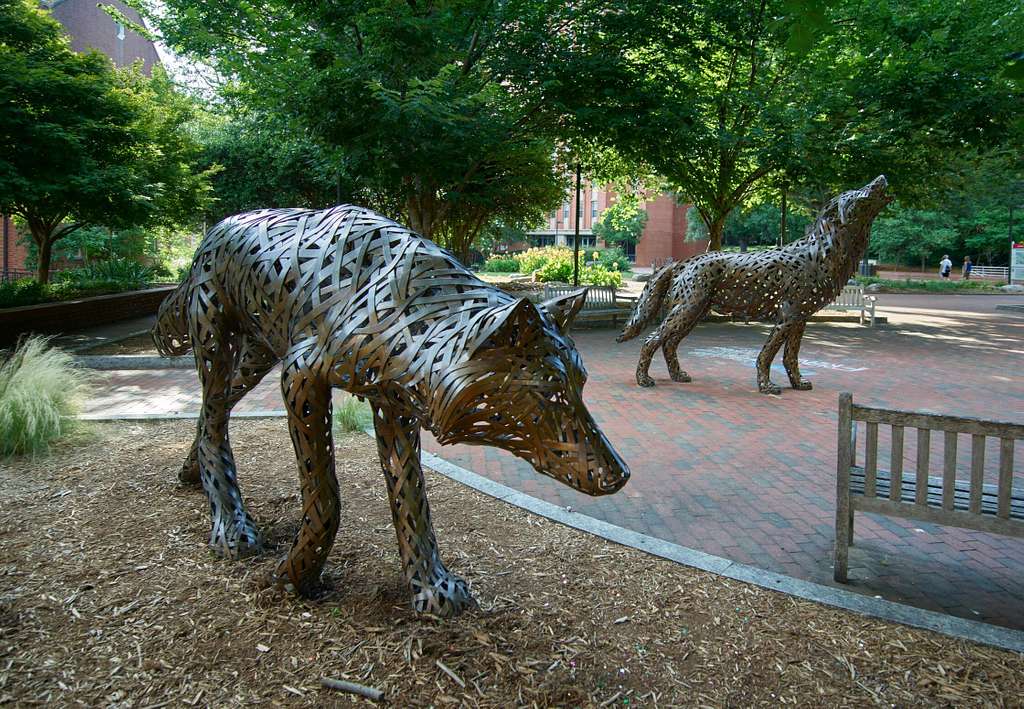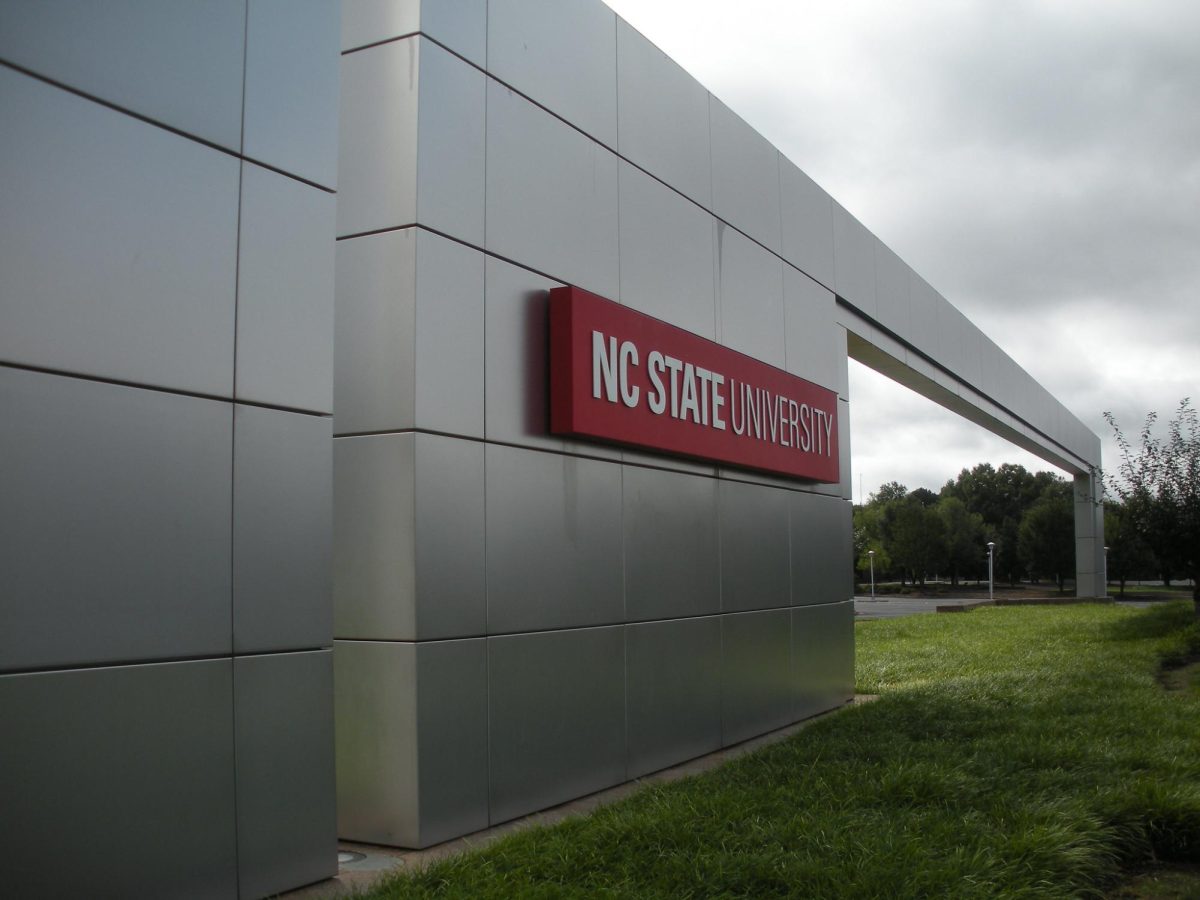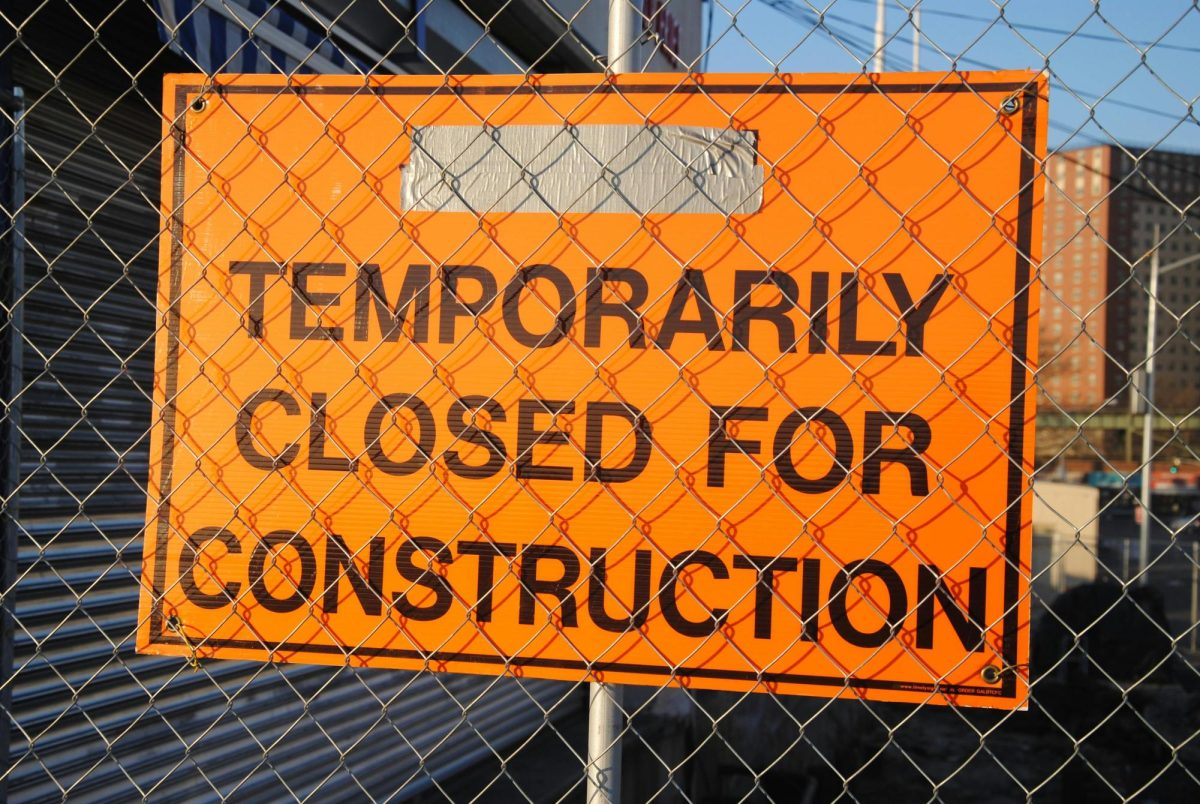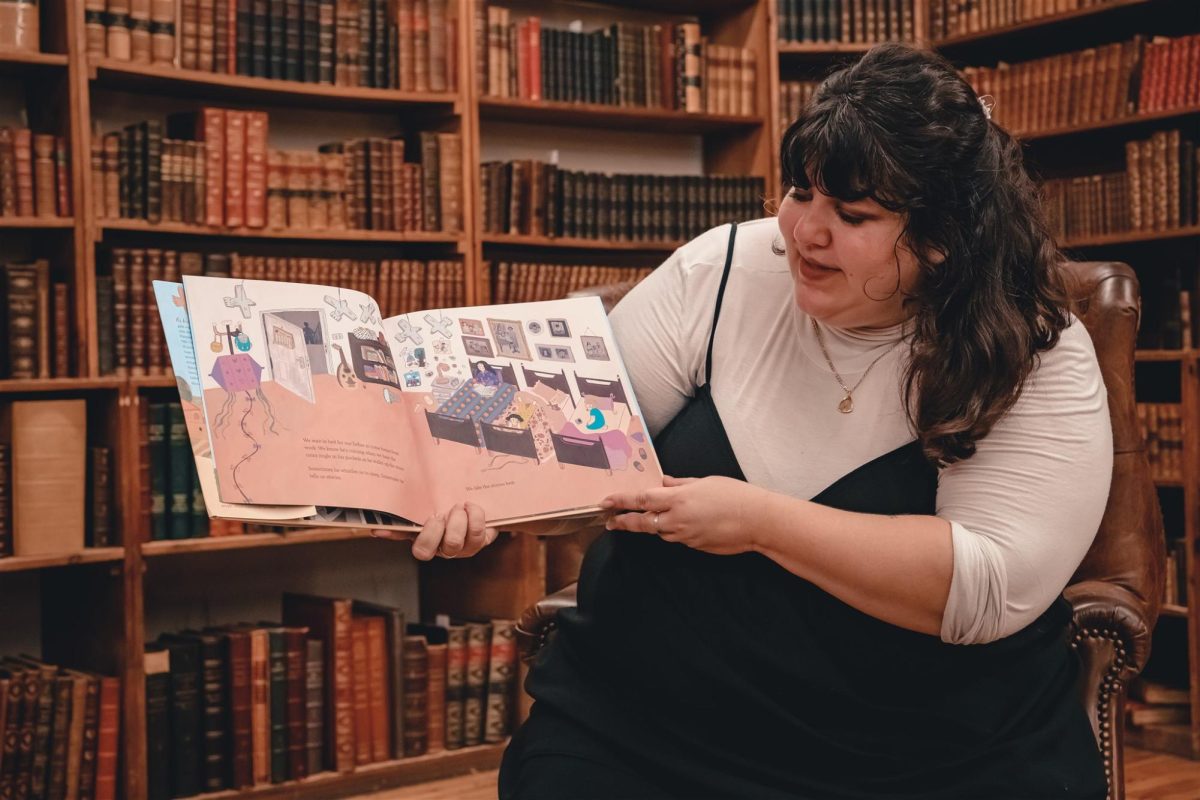DeErricka Green| Managing Editor
N.C. Legislature Makes Voting More Difficult for Students
Earlier this month, Gov. Pat McCrory enacted what many have deemed “the nation’s worst voter suppression law.” The law requires voters to have specific forms of government-issued photo identification to cast a ballot, a measure he and other Republicans said is needed to prevent voter fraud. The law also ends other measures meant to empower voters such as: same-day voter registration, shortens the period for early voting from 17 days to 10 and eliminates a program that encourages high school students to register to vote in advance of their 18th birthdays.
Former Secretary of State Colin Powell recently argued that the changes in North Carolina legislature “make it more difficult for people to vote,” in a speech to an audience that included McCrory; political commentator Rachel Maddow discussed the issue as it relates to college students, in the Tuesday and Wednesday editions of her MSNBC talk show last week.
Based in New York City, Maddow took her show on the road to North Carolina, making stops in Pasquotank, Forsyth and Watauga Counties to shed light on how McCrory and the North Carolina Republicans have, since passing the “worst suppression law,” escalated their attempts to prevent students from easily exercising their rights in the political process.
Maddow’s show included coverage of how the GOP-controlled Board of Elections in Pasquotank County voted earlier this month to disqualify Montravias King, a senior at historically-Black Elizabeth City State University, from running for city council, on the grounds that King could not use his student address to establish residency. Despite being registered to vote there since 2009, King’s right to use his student address is being challenged by Peter Gilbert, a local Republican who makes it a habit of challenging the voting rights of students from the historically Black school. Gilbert believes the students do not really “live at the school,” according to Maddow, and is legally allowed to challenge their rights because the school is located in his voting precinct. Mid-Atlantic Christian University, a nearby predominantly white school is also located in the precinct, yet its students have received no opposition from Gilbert.
If the Pasquotank County Board decides to rule in Gilbert’s favor, a precedent will be set for campus-residing students statewide and beyond. “They questioned whether living at school is enough to make you a resident and they said it is not. In making that decision, they accepted a legal framework for disqualifying students from voting in local elections. This development could very well affect every student voter, every college, in the state. The precedent is set that any full-time student in North Carolina can’t vote at school,” said Maddow. The head of the county’s Republican Party said he plans to challenge the voter registrations of more students at the historically Black university ahead of upcoming elections, the AP reported.
King’s story led Maddow to delve deeper into how elections drama in North Carolina are affecting university students. In addition to Elizabeth City State, the counties in which Winston-Salem State University and Appalachian State University are located, have recently made it harder for students to vote.
The Forsyth County Board of Elections is moving to shut down an early voting site at historically Black Winston-Salem State University because chair Ken Raymond claims students were offered extra credit in class for voting there. Raymond offered no proof such irregularities had occurred, according to the News & Observer.
Maddow’s show also featured coverage of how Boone, the home of Appalachian State University has announced plans to eliminate two of the three Boone precincts, including on-campus voting. Early voting has been alienated to one site in Boone and the law forces a voting precinct with 9,300 citizens to vote at a located designed for 1,500, with only thirty-five parking places. The voting location is inaccessible by public transportation and over a mile from campus along a road with no sidewalk. Appalachian State University professor Renee Scherlen argued, “Our students make a large part of what Boone and Watauga County are, and to deny them the right to participate in politics here is unconscionable.”
It is evident that these extreme voter suppression measures adopted in North Carolina are a clear reason why the Voting Rights Act needs to be strengthen, not destroyed. Maddow raised the point that precedents are being set for college campuses statewide. The citizens of North Carolina, especially its students should feel empowered to vote, and under the control of the GOP, this will no longer be the case for a majority of us. There were at least sixteen early voting sites located on college campuses during the 2012 election (including North Carolina State University, North Carolina Central University, and Wake Tech Community College (2 sites). It’s only a matter of time, if Elizabeth City State, Appalachian and Winston-Salem State serve as a blueprint, before the North Carolina GOP tries to shut down every one of them.

